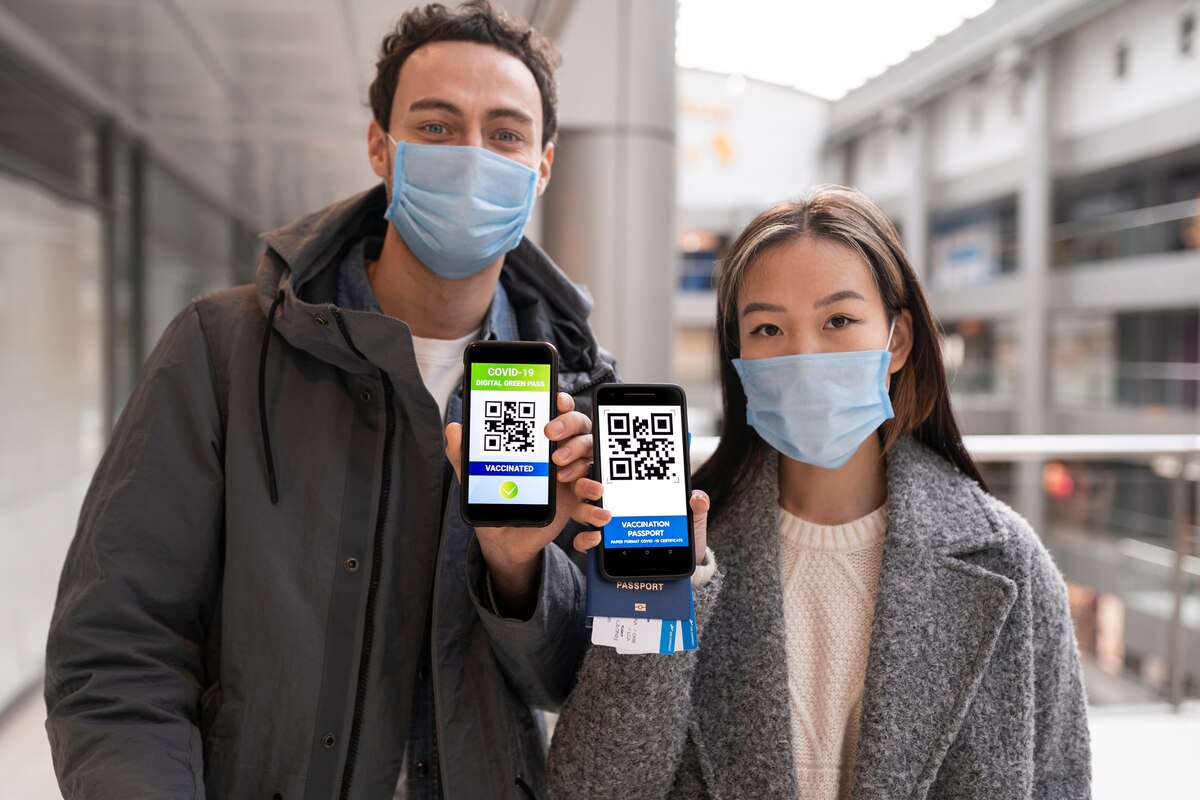In an increasingly interconnected world, digital health passports have emerged as essential tools for managing health data, particularly in response to global health crises.Read More
Digital health passports are designed to streamline travel, entry to events, and access to services by providing a verifiable way to demonstrate health status. They typically contain information about vaccinations, medical history, and recent test results, all stored in a secure digital format. Several countries and private organizations have implemented these passports, with varying levels of technology and data management systems. As the world continues to recover from the pandemic, these passports are becoming a new norm, not only for international travel but also for domestic activities, such as attending concerts, dining at restaurants, or participating in large gatherings. While the convenience they offer is undeniable, it’s crucial to scrutinize the implications of storing sensitive health information in digital formats. The collection and storage of personal health data in digital health passports raise significant privacy concerns. Individuals may feel uneasy about the prospect of their health information being shared across multiple platforms, potentially exposing them to data breaches or unauthorized access. The sensitive nature of health information makes it a prime target for cybercriminals, which can lead to identity theft, insurance fraud, or even discrimination based on health status. Moreover, the lack of standardized regulations governing digital health passports adds to the uncertainty. In many cases, individuals may not fully understand who has access to their data, how it is being used, or how long it will be retained. This opacity can undermine trust in these systems, making individuals hesitant to participate in programs that require such disclosures. To address these concerns, there is a pressing need for robust regulatory frameworks governing the use of digital health passports. Policymakers must prioritize data protection and establish clear guidelines on the collection, storage, and sharing of health information. This includes ensuring that individuals retain control over their data, have the right to access it, and can request its deletion if they choose. Furthermore, collaboration between governments, tech companies, and health organizations is essential to create secure systems that protect user privacy while facilitating the benefits of digital health passports. Initiatives such as end-to-end encryption, secure servers, and transparent data handling practices can help alleviate some of the fears surrounding data misuse. As we embrace the convenience of digital health passports, it is crucial to strike a balance between facilitating public health and safeguarding individual privacy. The success of these digital credentials depends on public trust, which can only be achieved through transparency, accountability, and strict adherence to privacy regulations. Digital health passports represent a significant step forward in managing health data in our increasingly digital world. However, as we navigate this new norm, we must remain vigilant about privacy concerns and advocate for strong protections to ensure that personal health information is secure. By fostering an environment of trust and security, we can harness the potential of digital health passports while protecting individuals’ rights and privacy in the process.The Rise of Digital Health Passports
Privacy Concerns
Navigating the Regulatory Landscape
The Balance of Convenience and Privacy
Conclusion

Digital Health Passports and Privacy: Navigating New Norms
In an increasingly interconnected world, digital health passports have emerged as essential tools for managing health data, particularly in response to global health crises.Read More
